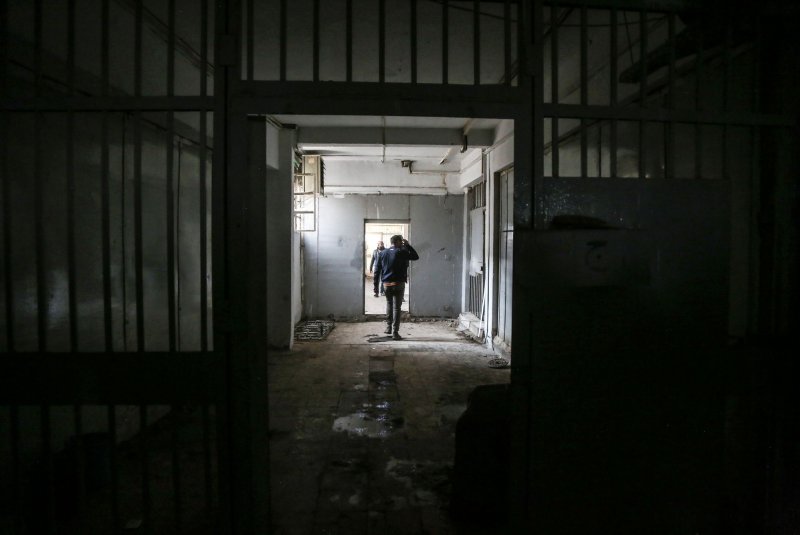Dec. 13 (UPI) — A former Syrian government official residing in South Carolina has been charged with torturing political dissidents at a Damascus prison he oversaw in the mid-2000s.
Samir Ousman Alsheikh, 72, of Lexington, S.C., was originally indicted with immigration fraud charges in August on accusations of lying about his employment at the Damascus Central Prison when applying for U.S. citizenship in 2023, as well as when applying for a visa to enter the country in 2020, to become a permanent resident and to obtain a green card.
In the indictment announced Thursday adds three counts of torture and one count of conspiracy to commit torture to his two original immigration offense-related charges.
“The allegations in this superseding indictment of grave human rights abuses are chilling. Our country will not be a safe harbor for those accused of committing atrocities abroad,” U.S. Attorney Martin Estrada for the Central District of California said in a statement.
According to superseding indictment, Alsheikh held a variety of positions in the Syrian state security apparatus, including being the head of the Damascus Central Prison, commonly known as Adra Prison, from about 2005 through 2008.
Federal prosecutors alleged that in his role at the prison he directed his employee to “inflict, and was sometimes personally involved in inflicting, severe physical and mental pain and suffering on political and other prisoners,” the Justice Department said in the release announcing the superseding indictment.
The indictment states that Alsheikh allegedly ordered some prisoners to be held in Adra facility’s so-called punishment wing, where detainees were beaten while suspended from the ceiling with their arms extended and forced to endure a device known as the Flying Carpet.
According to Amnesty International, the Flying Carpet device consists of two wooden boards on which a prisoner is strapped, with their upper body on one board and their lower body on the other. The boards, which are hinged together, are folded on top of one another, forcibly pushing the prisoner’s straightened legs toward their chest.
The Justice Department said this causes “excruciating pain and sometimes resulting in fractured spines.”
If convicted, Alsheikh faces up to 20 years in prison for each of the torture-related charges and a maximum of 10 years for each of the immigration-related counts.
“The defendant is accused of torturing prisoners in Syria almost 20 years ago, and today, we are one step closer to holding him accountable for those heinous crimes. The United States will never be a safe haven for those who commit human rights abuses abroad,” said Special Agent in Charge Eddy Wang of the Homeland Security Investigations Los Angeles Field office.
The indictment is the second the United States has filed against Syrian officials this week after the fall of the dictator government of Syrian President Bashar al-Assad.
On Monday, an indictment was unsealed, charging two top Syrian officials on accusations of abusing political dissidents at a detention facility at Mezzeh Military Airport, near the Syrian capital of Damascus.
Unlike Alsheikh, Syrian Air Force Intelligence officers Jamil Hassan, 72, and Abdul Salam Mahmoud, 65, remain at large.
The indictments come after the government of Assad, whose family has ruled Syria since the 1970s, fell last week to a fast-moving insurgency, effectively ending the country’s civil war, which began in 2011.
